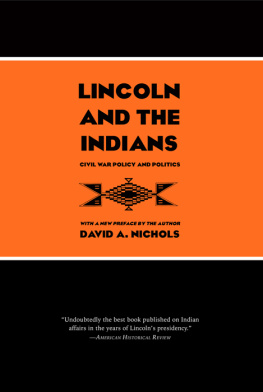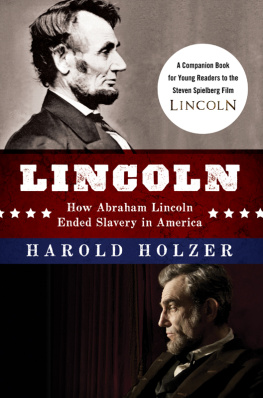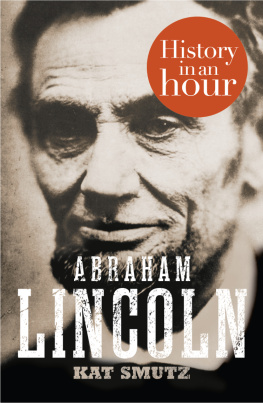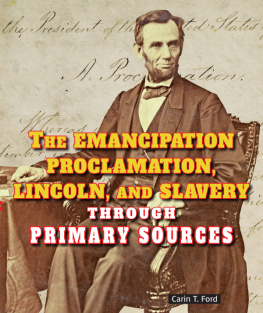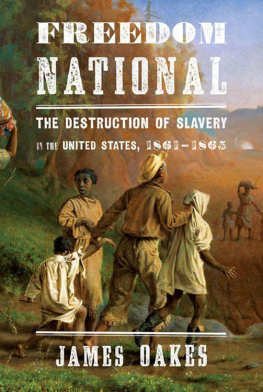William C. Harris - Two against Lincoln: Reverdy Johnson and Horatio Seymour, Champions of the Loyal Opposition
Here you can read online William C. Harris - Two against Lincoln: Reverdy Johnson and Horatio Seymour, Champions of the Loyal Opposition full text of the book (entire story) in english for free. Download pdf and epub, get meaning, cover and reviews about this ebook. year: 2017, publisher: University Press of Kansas, genre: Politics. Description of the work, (preface) as well as reviews are available. Best literature library LitArk.com created for fans of good reading and offers a wide selection of genres:
Romance novel
Science fiction
Adventure
Detective
Science
History
Home and family
Prose
Art
Politics
Computer
Non-fiction
Religion
Business
Children
Humor
Choose a favorite category and find really read worthwhile books. Enjoy immersion in the world of imagination, feel the emotions of the characters or learn something new for yourself, make an fascinating discovery.

- Book:Two against Lincoln: Reverdy Johnson and Horatio Seymour, Champions of the Loyal Opposition
- Author:
- Publisher:University Press of Kansas
- Genre:
- Year:2017
- Rating:3 / 5
- Favourites:Add to favourites
- Your mark:
Two against Lincoln: Reverdy Johnson and Horatio Seymour, Champions of the Loyal Opposition: summary, description and annotation
We offer to read an annotation, description, summary or preface (depends on what the author of the book "Two against Lincoln: Reverdy Johnson and Horatio Seymour, Champions of the Loyal Opposition" wrote himself). If you haven't found the necessary information about the book — write in the comments, we will try to find it.
Reverdy Johnson (17961876), Maryland senator, and Horatio Seymour, Democratic governor of New York, were two influential opponents of Abraham Lincoln and the Republicans during the Civil War. But unlike the Copperheads, they staunchly supported the war to suppress the rebellion. The story of these two figures of the loyal opposition by Lincoln Prizewinning author William C. Harris provides a new way of understanding critical controversies relating to the purpose of the Civil War, its conduct, emancipation, white racial opinion, loyalty, military conscription, and civil liberties.
Johnson, a distinguished lawyer, former Whig, and conservative Unionist, did not believe that the secessionist states had left the Union, an idea with broad implications for post-war reconstruction. Like Seymour, he opposed Republican efforts in Washington to end slavery, assuming such a policy would backfire against the Union. However, Johnson in 1864 spoke in favor of the Thirteenth Amendment to abolish slavery. Before the war, Seymour supported Stephen Douglass popular sovereignty policies, allowing the territories to decide whether or not to permit slavery, and during the war he opposed any tampering with slavery. Two Against Lincoln explores how these two men negotiated issues of emancipation, reconstruction, and reconciliation, all while navigating the roiling currents of partisan politics. The book includes illuminating accounts of the framing of the Fourteenth Amendment in 1866, the ephemeral National Union (Democratic) Party of 1866, the role of Senator Johnson in the approval of the military reconstruction acts of 1867, the impeachment of President Andrew Johnson, and, finally, the presidential election of 1868 in which Seymour as the Democratic candidate did better than expected against war hero U. S. Grant.
Building on the authors award winning work on Lincoln and the border states, Two Against Lincoln illustrates the complexity of political divisions in the Union states, as embodied in two powerful, controversial leaders of the time.
William C. Harris: author's other books
Who wrote Two against Lincoln: Reverdy Johnson and Horatio Seymour, Champions of the Loyal Opposition? Find out the surname, the name of the author of the book and a list of all author's works by series.



